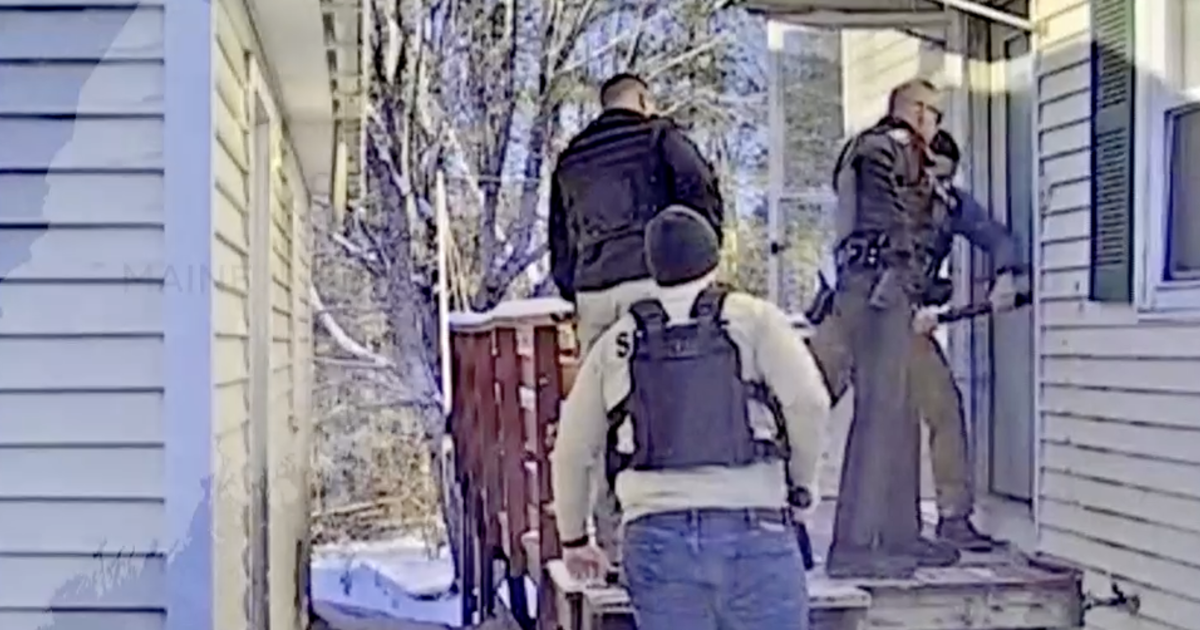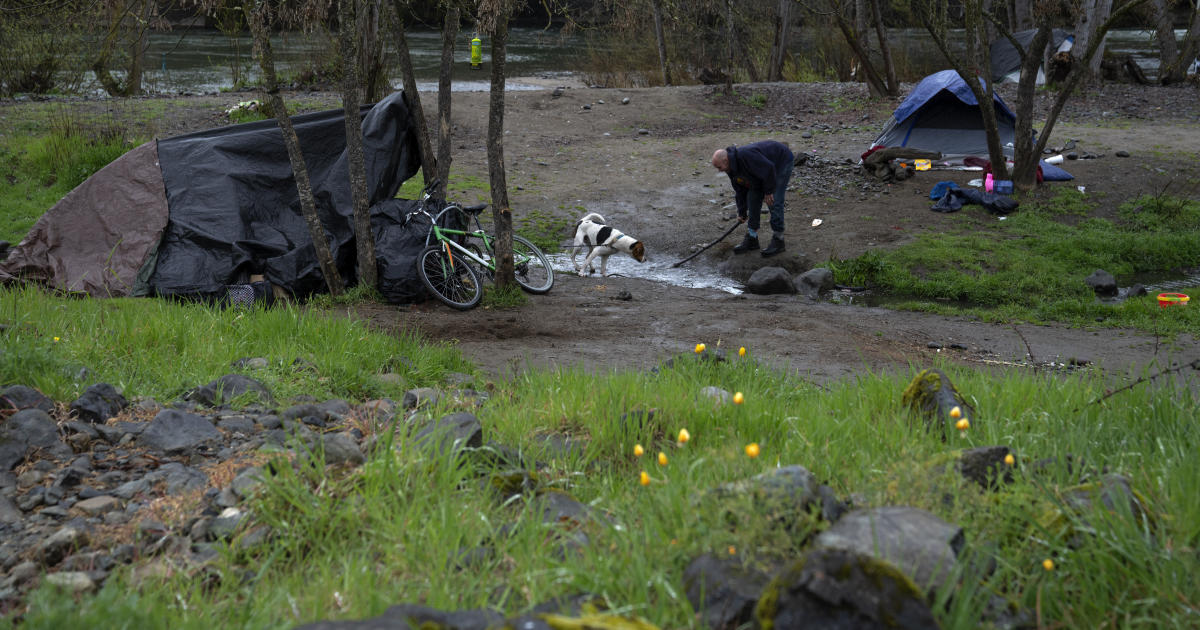Measles cases in 2019 have already exceeded all of 2018
Measles cases in the U.S. through March of this year have already exceeded the entire number of cases nationwide in 2018. The new data comes on the heels of major outbreaks in Rockland County, New York and in Washington state.
According to a report out Monday by the Centers for Disease Control and Prevention, there have been 387 cases in 15 states through March 28. That compares to 372 cases in all of last year. It is the highest number of reported cases since 2014, when there were 667, and the second-highest number of reported cases since measles was declared eliminated in the U.S. in 2000. If current trends continue, 2019 could end up as the worst year since 2000.
This year's growing numbers have been driven by outbreaks in a handful of states, including New York, California, and Washington. Rockland County, a suburb north of New York City, declared a state of emergency last week and imposed a 30-day ban on unvaccinated children in public spaces after 157 confirmed cases of measles in the community. The outbreak apparently began when several people who were exposed overseas came back and infected others who hadn't had the vaccine.
In February, Washington Governor Jay Inslee declared a public health emergency in Clark County, Washington, near the Oregon border, due to 23 reported cases of measles.
The measles virus lives in the nose and throat mucus of an infected person and can spread to others through coughing and sneezing. It is highly contagious. Symptoms of the disease typically include cough, runny nose, inflamed eyes, sore throat, fever, and a red, blotchy skin rash, usually developing 10 to 12 days after exposure and lasting 7 to 10 days. Children are most susceptible to infection. Most people who get measles have not been vaccinated.
While a small number of children cannot be vaccinated due to medical reasons, other families avoid the shots due to skepticism and fears spread by the anti-vaccination movement. Public health officials say decades of medical research proves vaccines are safe and effective at preventing once-common childhood illnesses like measles and mumps. Misinformation about vaccines persists even though a report from the 1990s that sparked fears of a possible link to autism was based on fraudulent data and retracted.



